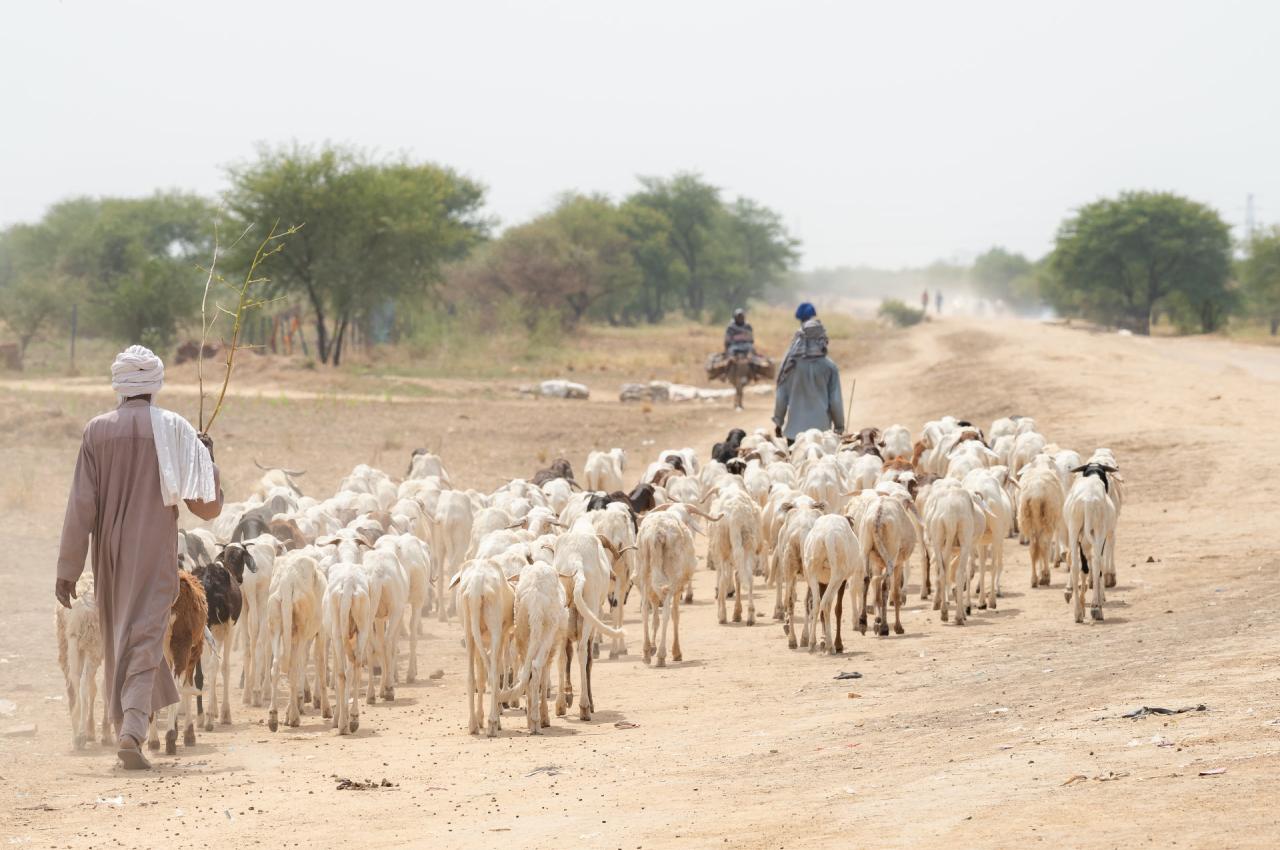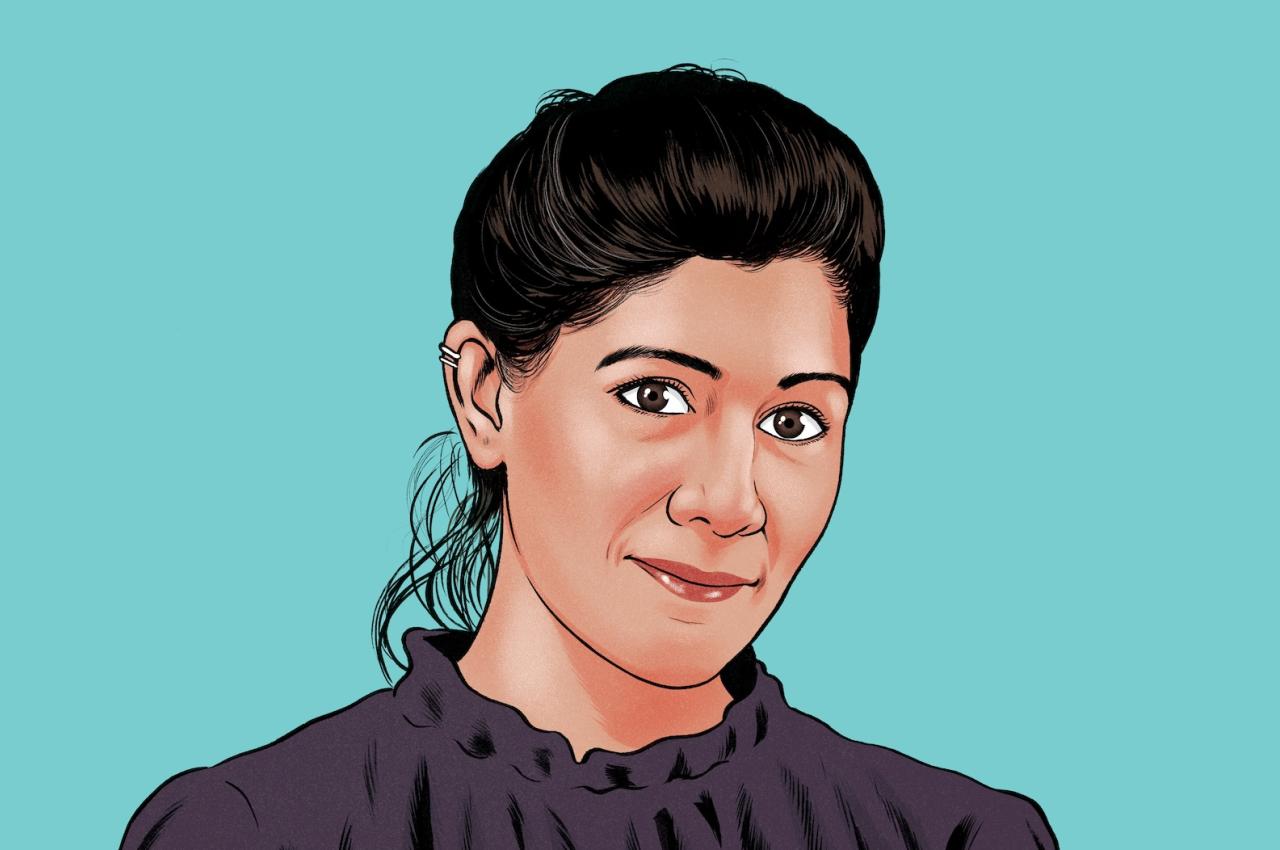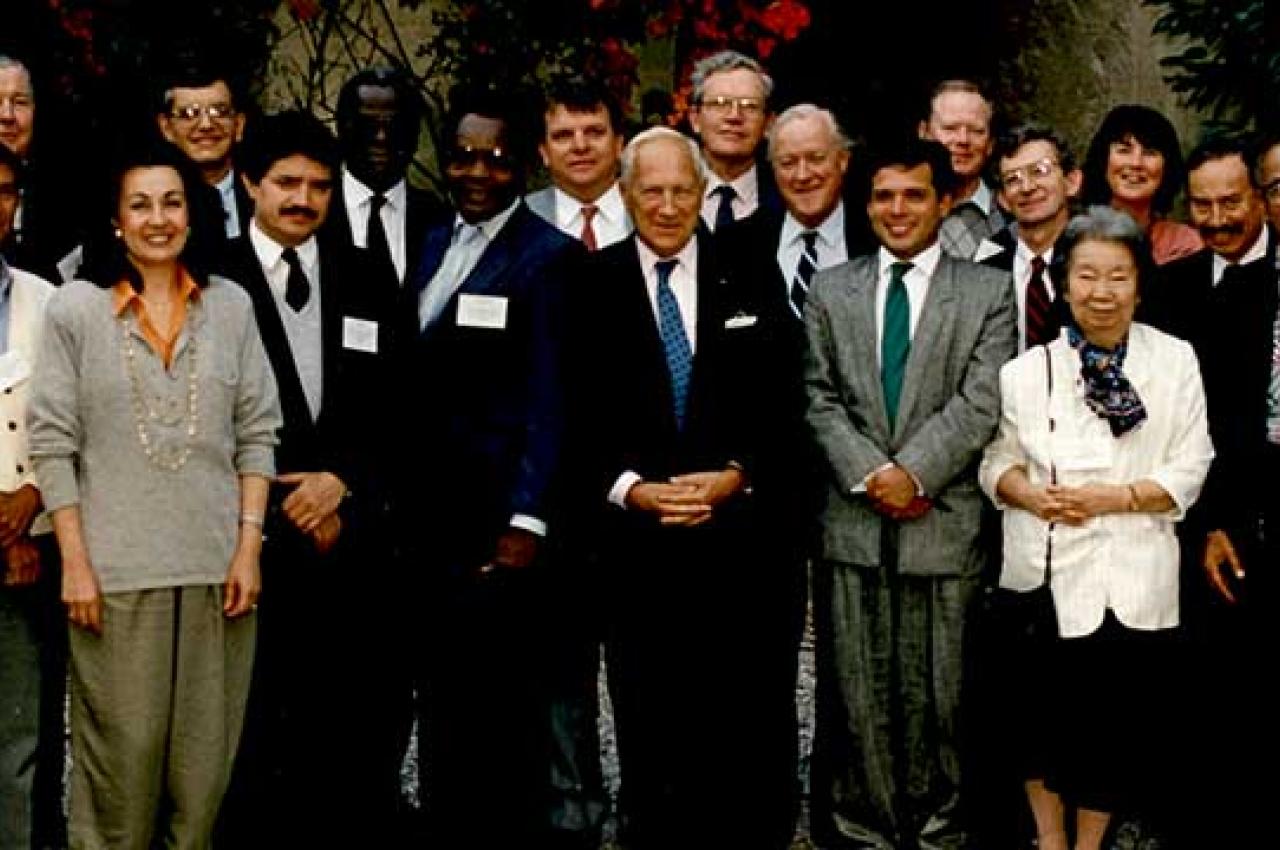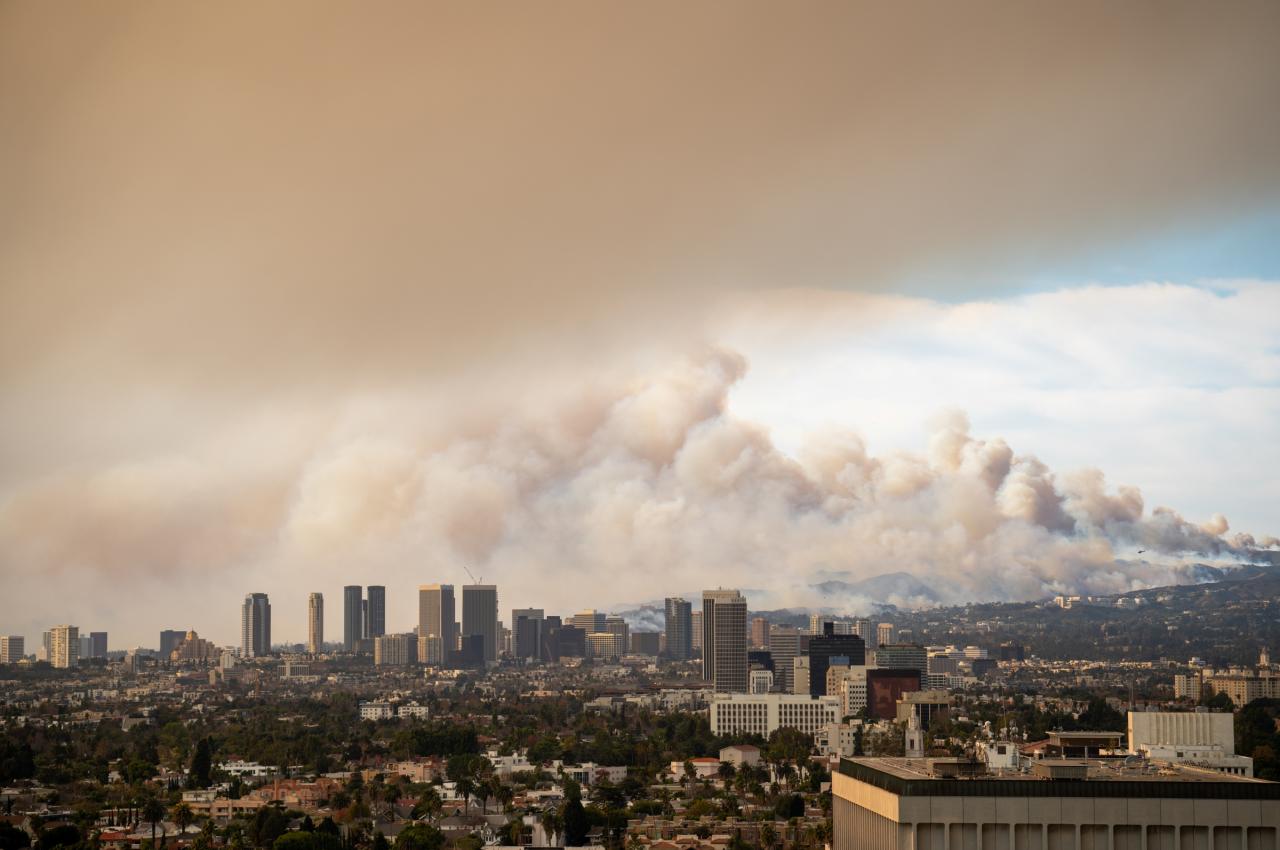Does Climate Change Lead to Conflict?
Since 1990, more than 2.5 million people have died as a direct or indirect result of civil conflict in Africa. One of the causes of conflict, which increasingly involves clashes between predominantly Muslim herding and Christian farming communities, may well have been competition over agricultural resources, brought on by the hotter, drier conditions in the last 30 years.
That connection between climate and conflict is what Eoin McGuirk, the J.C. Keogh and Family Assistant Professor of Economics at Tufts, hypothesized a few years ago, when he was trying to understand the growth of war and its impact on African economies. A development economist, he studies how economies grow in poorer countries, and war is terribly damaging to emerging economies.
Farmers in many regions of Africa have long had positive, reciprocal relationships with pastoralists who migrate with their livestock, McGuirk says. In the wet season, herders graze their animals on more marginal land outside of agricultural areas—with the rain, there’s enough for their animals to eat. After farmers bring in their harvest as the dry season begins, pastoralists migrate with their animals to the agricultural land, grazing on the remnants of the crops. The animals break up the soil and leave behind fertilizer in the form of dung.
“It’s not just that they can live in peace independently, it’s that they both actively benefit—and benefit from—each other,” McGuirk says.
But with drier conditions, herders are bringing their animals to farmland areas earlier, before crops are harvested, resulting in growing conflicts in the last 20 years or so, especially across the Sahel region and into the Horn of Africa. On top of that, since the pastoralists tend to be Muslim and the farmers Christian, recent civil conflicts between the two have taken on religious overtones as well.
Now, after several years of research, McGuirk and colleague Nathan Nunn of the University of British Columbia report evidence that, following extended periods of very low rainfall, there is indeed more conflict between pastoralist groups and neighboring farmers, with some clashes involving religious militants. The paper, “Transhumant Pastoralism, Climate Change, and Conflict in Africa,” was published earlier this year in the Review of Economic Studies.
Mapping Rainfall and Violence
To do the study, the researchers created a map of Africa divided into about 10,000 grid spaces, and then overlaid very detailed data across the entire continent on rainfall patterns; conflict by location; religious affiliation of inhabitants; types of economic activity, such as farming or herding; and types of animals, such as large grazing animals or livestock like chickens and pigs.
They found that less precipitation in an area increased the likelihood of inter-ethnic group conflict, but only where settled farmers had grazing pastoralists as neighbors. If the neighbor was another agricultural group or even practiced sedentary animal husbandry, the odds of conflict were minimal. They also found that Islamist jihadist actions overlapped significantly with the conflict between pastoralists and farmers.
The study “provides evidence of an economic mechanism that is contributing to the spread of jihadist conflict,” says McGuirk. “A really optimistic way to interpret the result is that jihadist conflict should be something that you can address with policy. We shouldn’t consider it as something that is only about fundamental, deeply held beliefs or identity.”
One way to address these types of conflict might be to provide more development aid. “You might think that aid programs could mute the effect of these droughts on conflict,” says McGuirk. That’s not what the researchers found, though. “We show that where you have a higher cumulative number of aid projects in an area, that doesn’t seem to affect the relationship at all.”
Not only that, but aid projects that put land under environmental conservation protection—habitat shielded from human use—in fact make things worse in terms of conflict. “When you have an increase in conservation land, you’re reducing the area of land that is available to herders,” says McGuirk. “You’re going to have greater competition for resources in the remaining areas, and we see that the effect of a drought on conflict increases in this case, which makes sense.”
But there is still hope, says McGuirk. Pastoralists, being on the margins of society, tend to have little political influence, and that often provides more incentive for fighting to achieve their goals.
The researchers created a measure of national political power held by pastoral groups, “and we saw significant changes over time,” he says. In periods when pastoralists in those areas tended to have more national political power, the impact of droughts on conflict fell dramatically. “It’s certainly consistent with the idea that when pastoralists have a seat at the table, groups are able to avoid conflict,” he says. “They’re better equipped to negotiate a distribution of resources that avoids violence.”
Another policy that McGuirk finds hopeful is that the World Bank is rolling out initiatives specifically directed at helping pastoralists in the Horn of Africa and West Africa, “people who have been overlooked by much of the development community for a very long time,” he says. These initiatives include drought mitigation projects, which are different from projects serving settled farming communities. “It’s going to be interesting to see the extent to which these kinds of policy interventions can reduce the risk of violence in these areas,” he says.
Latest Tufts Now
- How Rural Women Advance India’s Sustainable FutureAjaita Shah’s innovative “tech + trust” model has built a network of women entrepreneurs
- A Tufts-Led, Historic Commitment to SustainabilityThirty-five years ago, Tufts guided other universities to the creation of the Talloires Declaration. Its legacy endures today
- New Thriller Blurs Lines Between Good Guys and VillainsAction comedy by Elliot Ackerman blends humor with serious themes, and is headed for Apple TV
- Recognizing Job Burnout and What to Do About ItThe most effective solution to burnout at work is employee-focused organizational change, says Tufts expert
- Wildfire Smoke Is Obvious. Its Long-Term Health Impacts Are NotA School of Medicine expert and an alum share what’s needed to better understand how wildfire smoke, both wildland and urban, impacts our health
- Working Toward Reducing Chemical Industry Dependence on PetroleumTufts researchers receive up to $4.5 million from DARPA to create robust, flexible biosynthetic manufacturing













